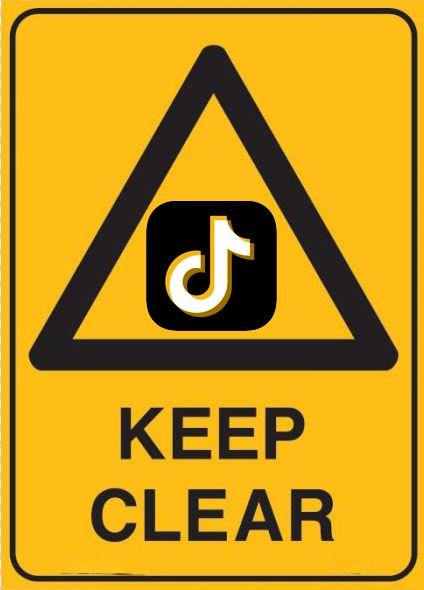Your doom: the news gloom
May 16, 2023
From a mass shooting in Nashville to the number of civilian lives lost in the Russia-Ukraine war and on, you can’t help but to read more. Somehow, instead of doing anything else, you’ve found yourself anxious and depressed from all of the negative content displayed ever so neatly across your phone screen. You proceed to scroll on, losing hours of your day along with any positive mood you once had. Sound at all familiar?
Enter doom scrolling, or doom surfing, a term referring to the deep, dark hole of negative social media or news content. Just like if you were to watch an episode of “Beat Bobby Flay” and suddenly crave crab cake, studies have shown someone can think worse about their personal and professional lives after reading a multitude of depressing news stories, even if those problems have nothing to do with their daily lives (according to a video by Anis Qizilbash “End Your Doomscrolling – Prevent Digital Stress & Anxiety”). For example, if you’ve been watching the news lately, you may feel there is a sense of political turmoil in the U.S, and it might also feel like an end is near when you run out of peanut butter. Here, the depressing content has an effect on your personal life.
Whether the urge comes from the desire to be a generally well-informed person or to feel more in control amid the chaos of today’s society, this habit can have dangerous impacts on a person’s mental health. Binging on troubling events–like a disaster, a crisis, or a tragedy of any sort–has been shown to cause a panic attack, loss of motivation, or appetite. What few people realize is that news has been crafted with the potential to be addictive: coming in a few pieces, making you feel terrible, yet craving more. Overall, this need to get answers from somewhere to feel secure can have catastrophic pitfalls. So, how does one recognize when they’re doing it, how does one avoid it, and what can we do to still be informed but stop the scroll of doom?
It begins with baby steps. Limiting the source can be one option, like setting news apps on your phone to send you fewer notifications, putting a timer on them, or deleting the ones that cause you great stress can prevent this terrible occurrence. Following self-care accounts instead of outlets known for their positive reputation can easily ignite a path to joy scrolling. Try doing the most important things in your morning routine first so you only have so much time to check the news before heading out the door–it can make all the difference.
To go even further, reading a book you have an interest in or practicing mindfulness via meditation or yoga can do wonders to set up the whole day ahead of you with a positive foundation. Especially avoid social media altogether when a major terrible event breaks if you have a tendency to scroll on; these outlets are where the public can dump all of its rage thanks to the comment section. Hearing it via word of mouth or after it has simmered down a little can combat any need to dive further into a realm of sadness.
Instead catch up with family and friends, tackle hobbies you may like, and take your mind elsewhere. Small acts of kindness, like paying for someone’s coffee behind you or complimenting a stranger’s outfit is a final nod away from any bout of unease. Power off your TV, turn off your phone, set down the newspaper, and recognize all the beauty that transpires around us.



















![Movie poster for [Rec] (2007).](https://www.lionnewspaper.com/wp-content/uploads/2023/04/rec-640x900.jpg)

